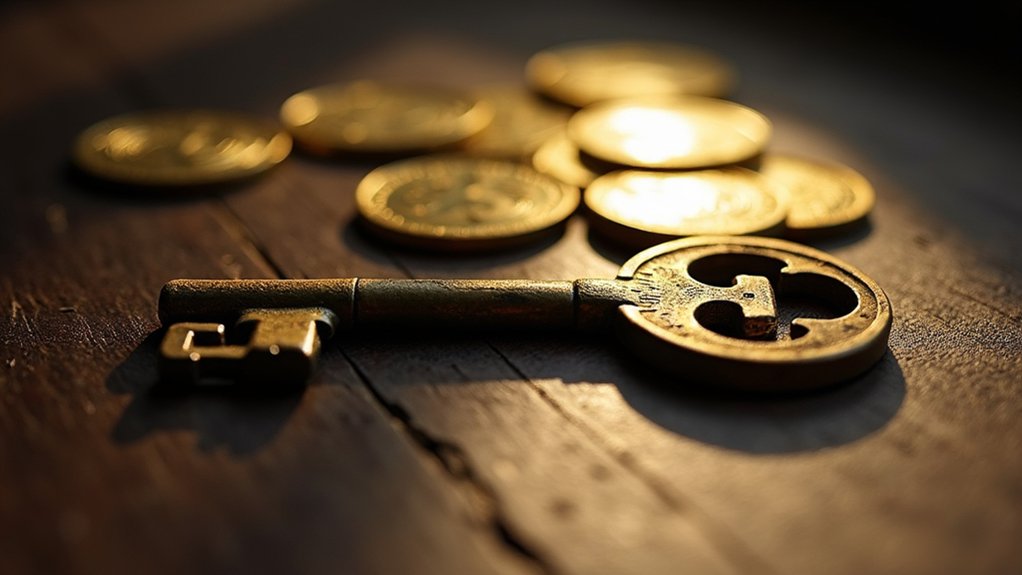The peculiar irony of cryptocurrency—designed to eliminate intermediaries and traditional financial gatekeepers—is that it has created perhaps the most complex inheritance challenge in modern estate planning. Unlike traditional assets that banks cheerfully surrender to executors armed with death certificates and court orders, crypto assets vanish into digital oblivion without proper succession planning, leaving heirs staring at worthless wallet addresses while millions in Bitcoin gather digital dust.
The crux lies in cryptocurrency’s fundamental architecture: private keys serve as the sole gateway to digital wealth, and losing them means permanent asset forfeiture. No customer service hotline exists to reset forgotten passwords or recover misplaced hardware wallets. This reality transforms estate planning from routine paperwork into a delicate balance between security and accessibility—too much secrecy renders assets irretrievable, while inadequate protection invites theft.
Comprehensive crypto inheritance planning demands meticulous documentation of all digital holdings, including wallet addresses, exchange accounts, NFT collections, and DeFi investments. However, directly embedding private keys in wills would be catastrophically foolish, given probate records’ public nature. Instead, savvy investors create detailed digital asset memoranda with step-by-step access instructions while storing private keys separately in encrypted formats or hardware wallets secured in safety deposit boxes.
The appointment of tech-savvy executors becomes essential—traditional estate attorneys may possess sterling legal credentials but lack the technical expertise to navigate blockchain intricacies. Specialized digital asset trustees or cryptocurrency-experienced professionals offer superior alternatives, though finding such expertise often proves challenging. Some exchanges allow beneficiaries to be designated directly, enabling asset transfers that completely bypass the traditional probate process. Many heirs also inherit staked holdings that earn percentage-based rewards but remain locked within proof-of-stake blockchain protocols, requiring specialized knowledge to access and manage.
Tax implications add another layer of complexity, as inherited cryptocurrencies trigger potential capital gains obligations while benefiting from stepped-up basis rules. The volatile nature of crypto markets means asset valuations can fluctuate dramatically between death and distribution, creating valuation disputes and timing dilemmas.
Perhaps most critically, heir education cannot be overlooked. Beneficiaries must understand wallet operations, security protocols, and market volatility before inheriting digital assets. Without proper preparation, even successfully transferred cryptocurrencies risk immediate loss through user error or security breaches. In England and Wales, cryptocurrencies are now recognised as property, providing legal clarity that enables their formal inclusion in wills and trust structures.
The ultimate paradox remains: assets designed for decentralized freedom require centralized planning to guarantee successful generational transfer.





